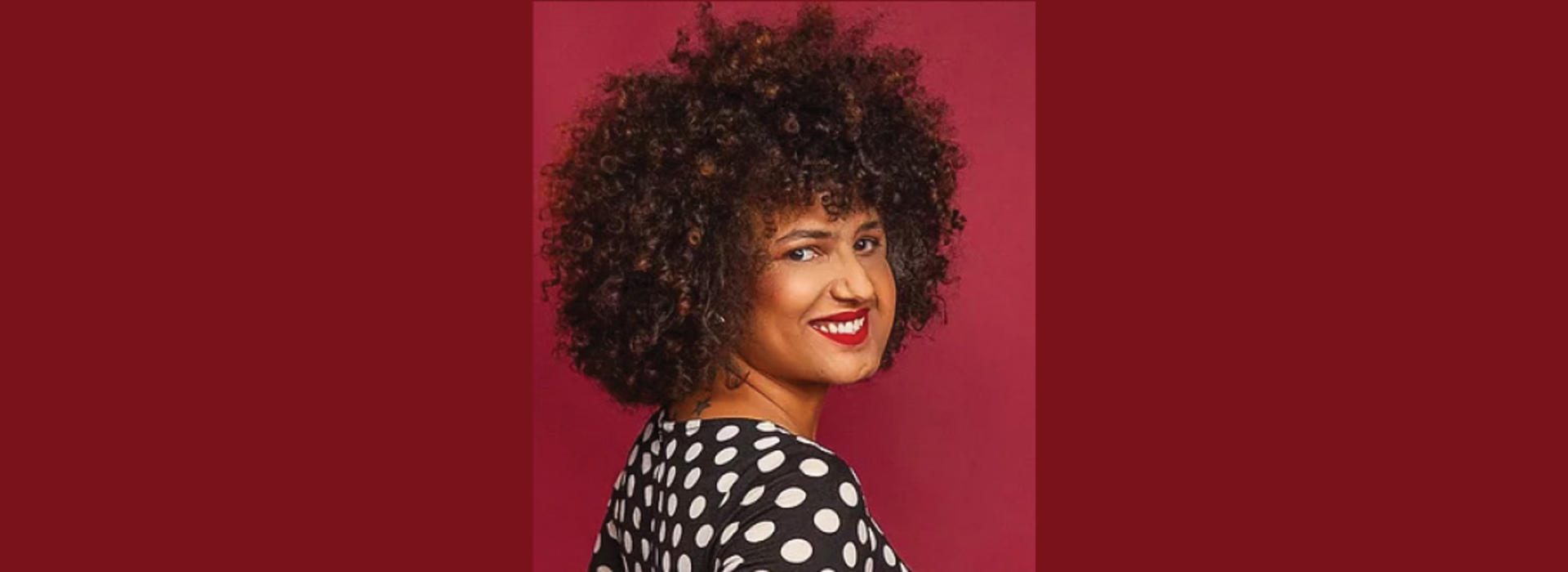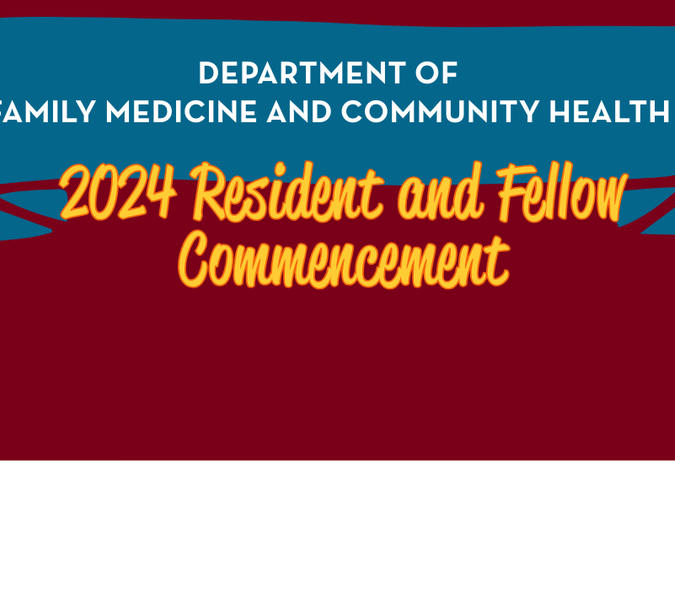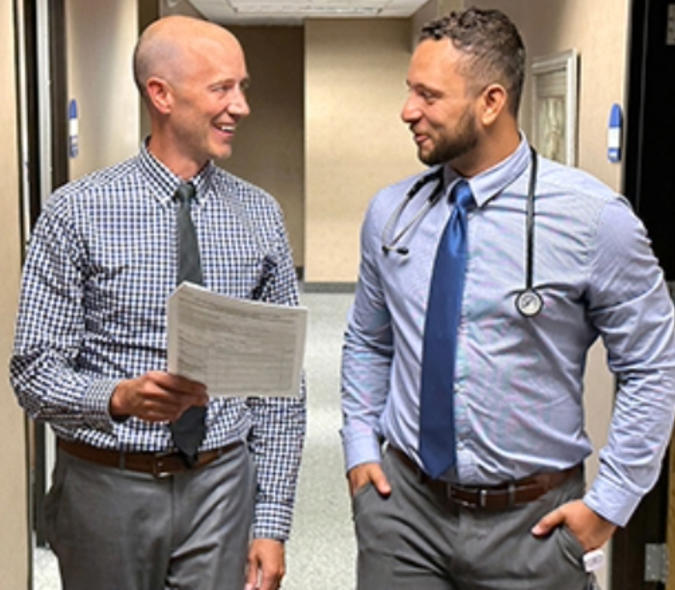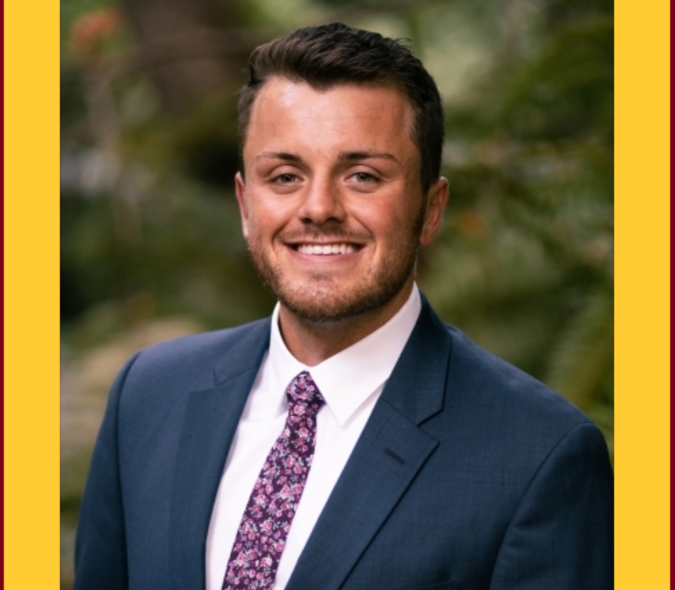
Dr. Sharon Washington Shares Her Journey in Antiracism Work
Dr. Sharon Washington is an antiracism, diversity, equity, inclusion, and belonging consultant who is working with the Department of Family Medicine and Community Health. In this interview, Dr. Washington shares her story, her entry point into this work, how she is working with the department, and her vision for academic family medicine and for medicine/healthcare as a whole.
Can you tell us about your background and how you began working in racial literacy consulting?
My bachelor's degree is in African American studies from Temple University. I was raised in a farm town with only about 500 people and very few to no people of color. While I was growing up there, mine was the only Black family. I experienced a lot of racism but didn't know how it was part of a system.
While pursuing African American studies, I learned that my experience was not isolated. It connected me to network, legacy, culture, a community of resilience, and context that made sense of my own experience. It helped provide me with a firm and valid space to grow in my own Black identity. As an undergraduate, I found myself saying, "I feel smart, and I can do a lot. I just want to do things that are going to help my people and my community."
Toward the end of my undergraduate experience, I discovered the field of public health through the lens of sexuality. I learned that there was a human sexuality class, and I felt I'd be good at that due to my confidence and skill in discussing things that people were uncomfortable talking about. For example, in high school, I would hold a new, still-wrapped tampon out in the open as I would walk down the hallway because I chose not to be ashamed about it.
As a high school student, I received the Gates Millennium Scholarship, which no longer exists as a resource for low-income students of color, and it paid for graduate studies in public health. I was able to leverage my scholarship to earn my bachelor's degree in African American studies from Temple University, my master's degree in public health, followed by a doctorate in health education from Teachers College of Columbia University.
How did you begin your teaching career?
While I was at Columbia University Mailman School of Public Health, we were learning about Black and brown peoples' health disparities as data, but nobody was contextualizing that. No one was asking where these disparities come from. People might use the tagline of "race is a social construct, not a biological construct," but no one was able to articulate who constructed it.
That's where I came in with my Black studies degree.
I felt I could fill in some gaps, but the general response was that the faculty were not skilled or equipped to talk about these things. It was as if I had become intimidating or out-of-line for insisting upon it being brought up. In response, I created a course to begin to fill that gap.
Some of my peers in adolescent reproductive health started their discussion in the form of a book club, which helped them get faculty sponsorship to create a space to talk about what they weren't getting out of their curriculum. I decided to create a book club to unpack racism in healthcare and public health. The institution pushed back on it, saying my book club didn't meet their requirements.
At that point, I decided to call it a think tank and began preparing for a conference. We created recommendations, surveyed the student body, and held a space where we unpacked racism in public health using different lenses and open dialogue. When we did these projects and surveyed the student body to see how well people felt equipped to address these issues in public health, we discovered that they didn't.
I implemented the same course at the Icahn School of Medicine at Mount Sinai (Icahn) for a number of years, after which it became a self-sustained, student-led course that (I believe) is still running. I also ran the course for five years at Columbia School of Nursing. Now I have an online learning platform where I offer courses that guide folks through deconstructing racism in healthcare and clinical training settings.
I taught at Icahn for a few years and then transitioned into teaching and public health at Temple University. Overall, I found that in academia I was very stifled in my ability to integrate equity and antiracism into my teaching, and had minimal protection when pushback arose. I ran into traumatic incidents and lack of support.
Can you give us an example of a difficult experience?
One of my former students was a resident at the Santa Rosa, California family medicine residency. This former student was affected by the residency program's shifting their selection processes over a couple of years and gaining an influx of folks of color in a traditionally very homogenous white program, resulting in an explosion of diversity. They needed support because a lot of harm was happening with their learners. Their faculty in family medicine were leading with their hearts and oriented toward social justice and equity—but doing it through a white lens—and there was fragility when faced with constructive feedback.
Faculty wanted to teach, but they were walking on eggshells with the other faculty and unsure how to communicate with diverse learners. This inspired me to quit my job and work full time as a consultant. I immersed myself in their community and helped to cultivate culture shifts, training, coaching, and faculty development. My focus was on integrating language and practices to help create a space where honest and transparent dialogue can be established.
Since COVID began, I transitioned back to the East Coast and have been working with a number of different healthcare settings and corporate and law enforcement institutions through remote consulting. I focus on cultivating a leadership body that can support institutional change.
I found that in 2020, lots of folks felt the need to integrate antiracism into every element of everything they did. It sounds great in theory, but many are still fragile when having a difficult conversation about it. My work centers on the sustainability of opening up this dialogue, institutional reflection, and change.
Is this the work you are currently doing with our Department of Family Medicine and Community Health?
Yes, exactly. The work I am doing with your department is leadership coaching: identifying a group of core leaders who are change agents. These are people who, by the nature of their roles and their positions—formally and informally—have social capital as well as institutional agency to influence change. They are able to take growth and professional skills development and translate that into policies and practices.
I am gathering a core group of leaders to participate in an immersive experience, increasing their racial literacy. We utilize the content from my online modules in deconstructing racism and healthcare, and I guide leaders through unpacking, processing, and internalizing their racial literacy development.
How is this being achieved?
We've assembled a team of 10 core leaders engaged in an immersive racial literacy bootcamp. Over six sessions, we will have retreats, grappling with and processing, internalizing, and preparing to apply the material and content from the online course. In addition, we have working group sessions in which we explore how the members of this core leadership team are going to commit to apply an antiracist lens to the domains of agency.
An example of a session with your department's core leaders might look at how these issues show up in selection and hiring. In thought partnership, we can troubleshoot and create action strategies for navigating opportunities or barriers to integrating antiracism, equity and inclusion into this specific area.
The core leaders will also engage with a broader body of what we're calling champions. We have about 25 people who are emerging as justice, equity, diversity, and inclusion (JEDI) committee members, as well as other folks around the department who want to participate.
Ultimately, we are cultivating ambassadors with increased racial literacy, who can permeate teams, encourage collaboration and development so equity and antiracism can ultimately be integrated into all aspects of the department.
Why did you decide to work with our department?
I have always felt a certain affinity for family medicine, which is grounded in fostering connections and working closely with the community. Family medicine practitioners don't just see people as their illness.
It is a privilege being a doctor of medicine, particularly in a society where we condition people to trust doctors. I feel that family medicine is well positioned to leverage the privilege of having the credentials that are most pedestalized in our society, especially the physician. So, it is crucial to integrate a critical antiracist perspective within folks who practice family medicine—a specialty that is intricately connected to marginalized communities, families, and community-based institutions.
I chose to work with your department because, after meeting with vice chair for equity, diversity, and inclusion Dr. Andrea Westby, I felt there was an alignment of readiness for an immersive experience in antiracism. I am confident in the maturity of this group to have very transparent, very difficult, but potentially very healing dialogue that can then translate into shifts in leadership approaches, shifts in collective vision, and ultimately institutional change.
Learn more about Dr. Sharon GE Washington's antiracism consulting work



